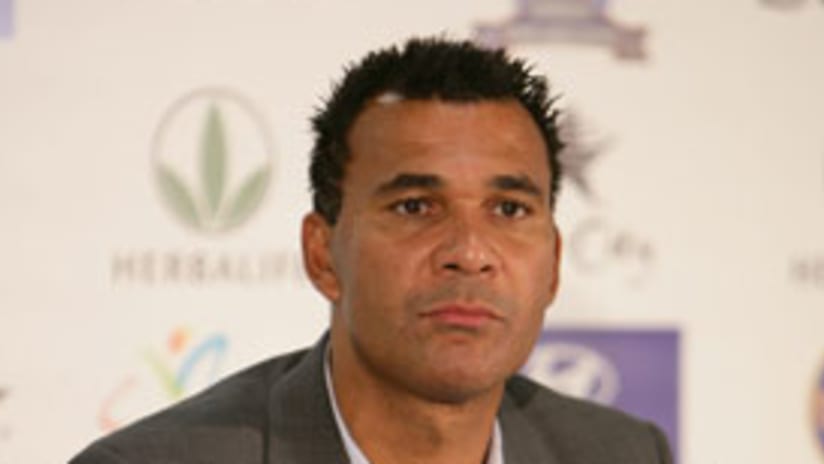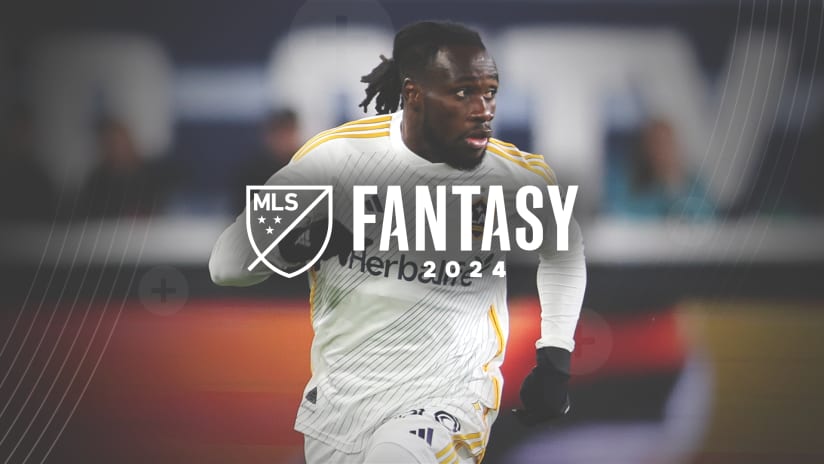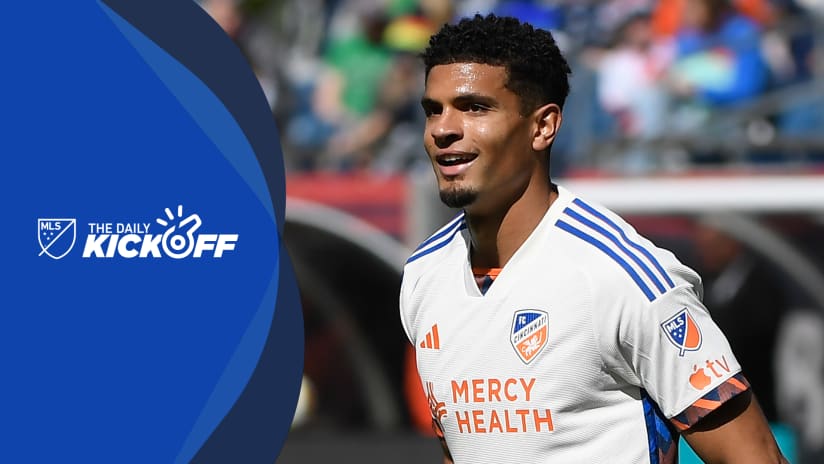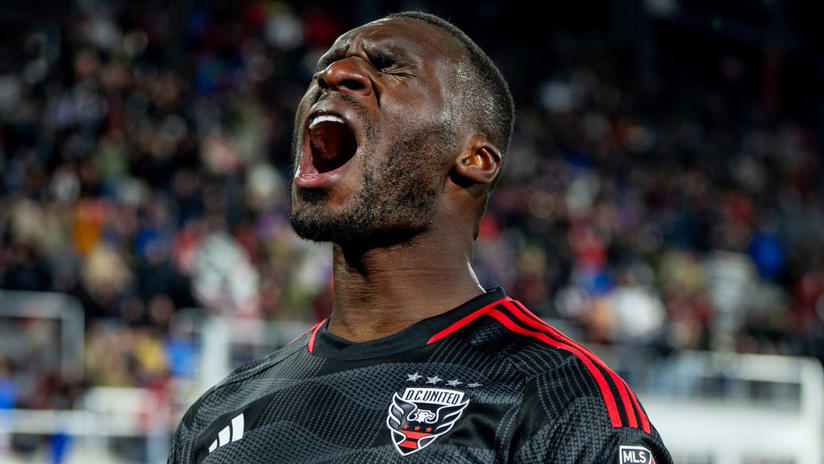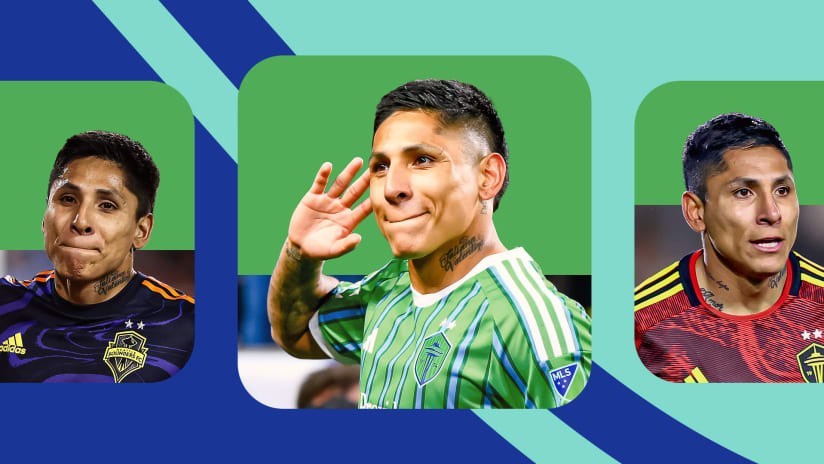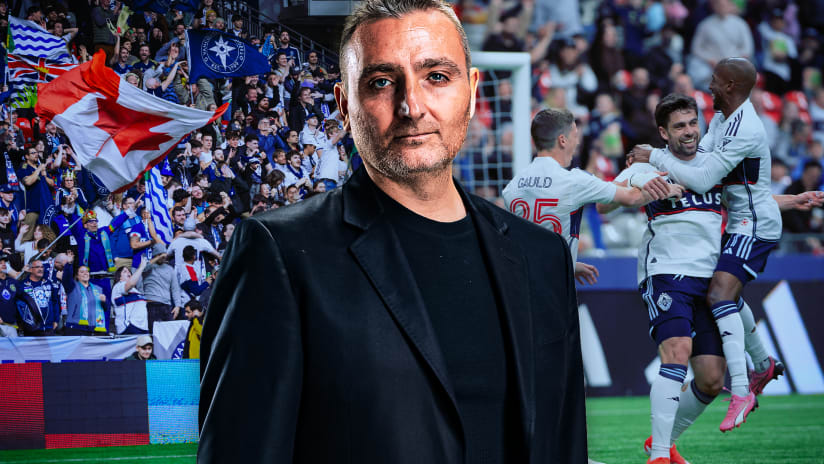The Los Angeles Galaxy are trying to establish themselves as the first global brand in Major League Soccer. Recent tours to Asia, Hawaii and Down Under emphasize that pursuit. However, the Galaxy have also gotten increasingly multicultural on the field as well.
While the influx of South American talent coming to MLS has been well documented all winter long, the Galaxy has taken a decidedly different approach, with a very European looking team with a smattering of Latin flair speckled throughout the roster.
The arrival of English international David Beckham last season was preceded by the arrival of former Portuguese international Abel Xavier. The Galaxy then went out and hired a Dutch coach in Ruud Gullit. Even a pair of the Galaxy's domestic stars has had some time in Europe -- Landon Donovan and Greg Vanney spent portions of their careers in Germany and France respectively. Add Canadian-born Ante Jazic, who played in the Russian Premier League before coming to Los Angeles, and the European influence is undeniable.
"It's been good. I'm used to it. Those of us who have played in other parts of the world are used to it," said Donovan. "This team historically has had a pretty strong Latin influence but having some different flavor is good."
The Galaxy hasn't abandoned its history of having solid Latin American players in the side. The addition of Guatemalan international Carlos Ruiz and Brazilian Alvaro Pires just add to the diversity in the Galaxy locker room.
One thing has become certain in Los Angeles. A player won't get into the starting 11 this season based on reputation alone. That is an aspect of the European coaching philosophy the Gullit has held fast to.
"It's all about the team. I want team players. If they can do that, then they're in the team regardless of where they come from, their background or reputation," said Gullit. "If you can do that, everything is OK."
The real question that comes up is how all those different cultures can come together as a unit. By global standards, MLS is still a very young league, and the recent infusion of foreign talent has never been seen on this scale before. The teams that can manage to grow and adapt with the league the best are going to be the ones that are the most successful.
"The most important thing is that the ball doesn't speak. That is global," said Abel Xavier. "The important point is that we must have the personnel that makes up for the differences in the players. To do that, the communication must be accurate. The objectives must be equal for everybody. It doesn't matter language or color or religion. In football, you must play as a team."
Greg Daurio is a contributor to MLSnet.com. This story was not subject to the approval of Major League Soccer or its clubs.

